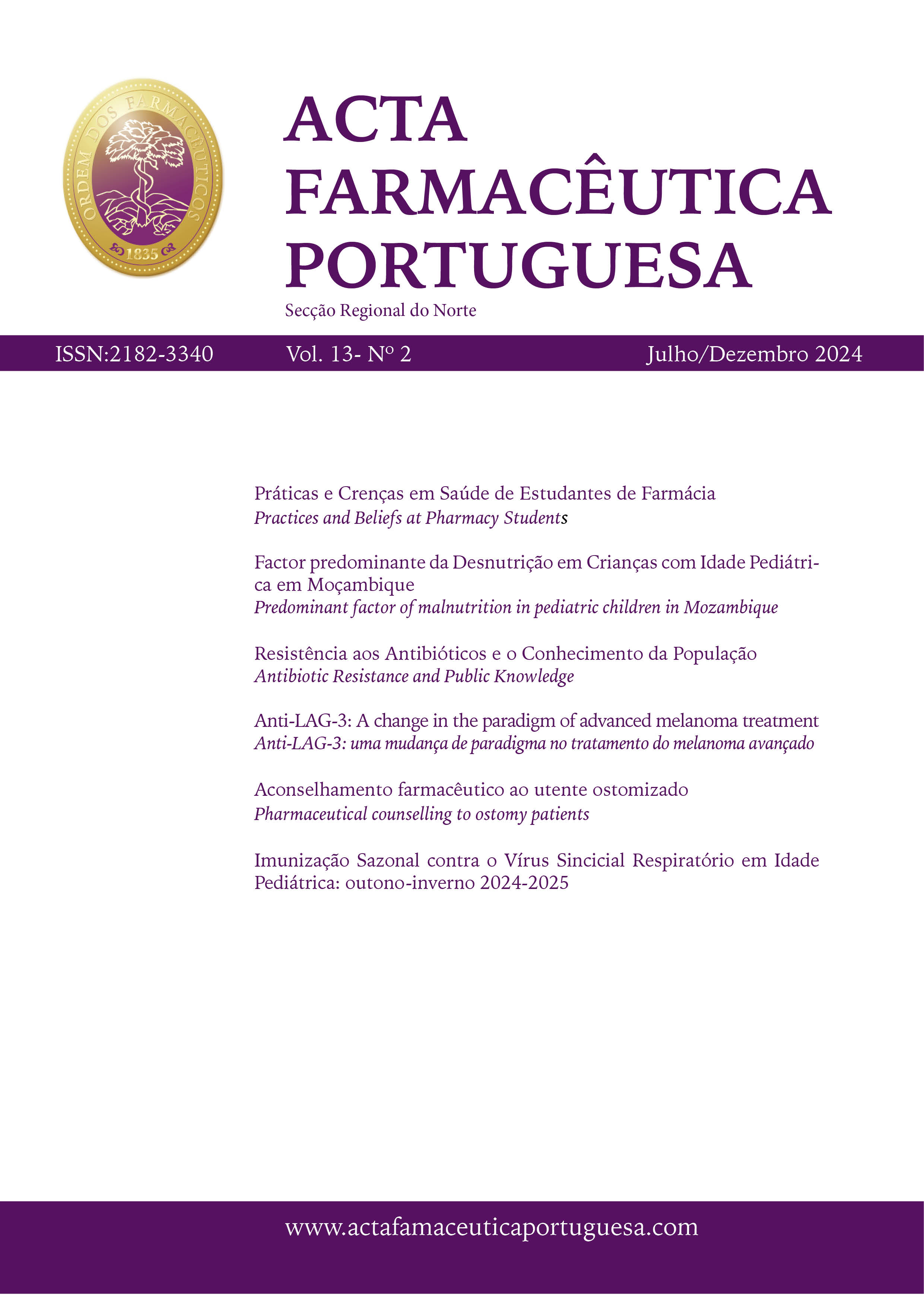Predominant factor of malnutrition in pediatric children in Mozambique
Abstract
Introduction: Malnutrition is a multifactorial disease, resulting from the interrelation of several factors, such as poverty, infectious processes and low caloric and protein intake. In Mozambique, malnutrition is a major health and well-being problem in children, where 36% of deaths occurring before 5 years of age are related to malnutrition. Moderate malnutrition (MAD) contributes 30% and acute malnutrition (DAG) contributes 6% (WHO, 2014).
Objective: To analyze the factors that influences the appearance of malnutrition in pediatric children in Mozambique as a way to identify the most frequent factor.
Methodology: An exploratory study of a bibliographic nature with a qualitative approach was conducted. It was based on a survey of scientific articles (libraries and on the Internet) and the analysis of the main factors that determine the existence of malnutrition in pediatric children in Mozambique. During the study 39 scientific articles were reviewed, following the pre-defined criteria. Results: In the segmentation of (2007-2012) as well as (2013-2017) inadequate food intake is the factor that has the greatest influence on malnutrition.
Conclusion: The study revealed that although several factors influencing malnutrition are identified for Mozambique, food intake is the most important factor in the emergence of malnutrition, preceded by infections and inadequate maternal care.
Keywords: children, factors of malnutrition, Mozambique.


